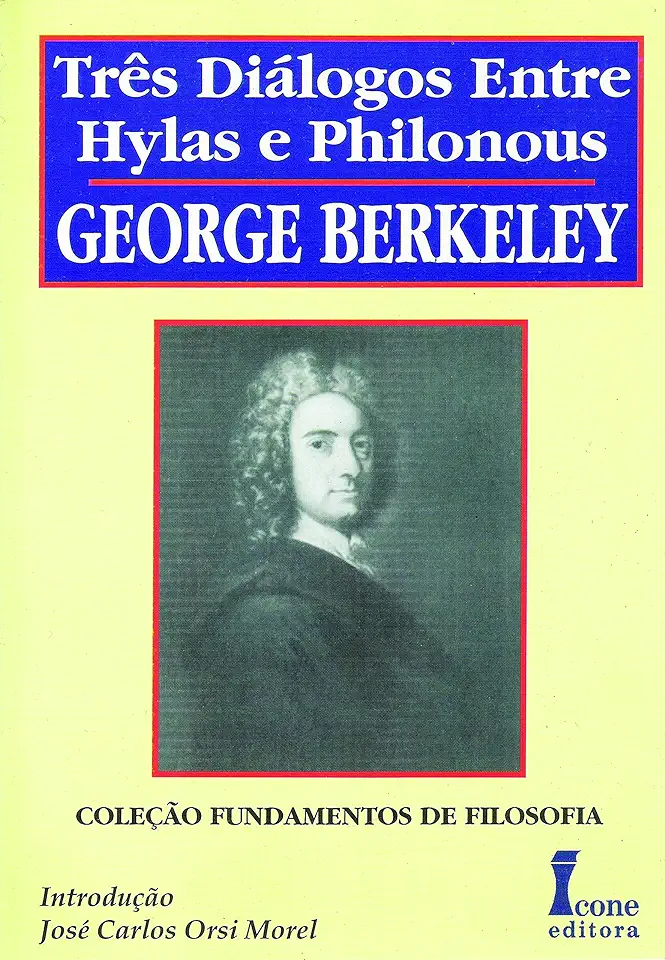
Three Dialogues Between Hylas and Philonous - George Berkeley
Three Dialogues Between Hylas and Philonous:
A Philosophical Masterpiece by George Berkeley
In the realm of philosophy, few works have sparked as much intellectual curiosity and philosophical discourse as George Berkeley's "Three Dialogues Between Hylas and Philonous." Published in 1713, this philosophical masterpiece presents a profound exploration of the nature of reality, the existence of the material world, and the relationship between our perceptions and the external world.
A Journey into the Mind:
Hylas and Philonous Engage in a Philosophical Quest
The book takes the form of three dialogues between two characters, Hylas and Philonous. Hylas, a staunch defender of the material world, engages in a series of thought-provoking conversations with Philonous, a proponent of immaterialism. Through their lively and engaging discussions, Berkeley delves into the very foundations of our understanding of reality, challenging conventional notions and inviting readers to question their own assumptions.
Unraveling the Nature of Reality:
The Immaterialist Perspective
At the heart of Berkeley's philosophical argument lies the concept of immaterialism. Philonous argues that the material world, as we perceive it, is merely a collection of ideas existing in our minds. He contends that all our sensory experiences, such as sight, touch, and hearing, are nothing more than mental representations of external objects. According to Berkeley, the true reality consists solely of minds and their ideas, and the material world is merely a construct of our own perceptions.
Challenging Common Assumptions:
Questioning the Existence of Matter
Berkeley's theory of immaterialism challenges the widely held belief in the existence of an independent material world. He argues that the notion of matter, as a substance distinct from our perceptions, is a philosophical illusion. Instead, he posits that all that exists are minds and their ideas, and that the material world is nothing more than a collection of sensory experiences organized by our minds.
The Role of God:
The Divine Mind as the Source of Reality
In Berkeley's philosophical framework, the existence of God plays a crucial role. He argues that the material world, as we perceive it, is not self-existent but rather exists as a product of the divine mind. According to Berkeley, God is the ultimate source of all reality, and it is through His continuous and active presence that our ideas and the perceived material world are sustained.
A Profound Impact on Philosophy:
Berkeley's Enduring Legacy
"Three Dialogues Between Hylas and Philonous" has had a profound impact on the history of philosophy. Berkeley's innovative ideas challenged the prevailing philosophical paradigms of his time and sparked a wave of intellectual debate and philosophical inquiry. His work continues to be studied and debated by philosophers, scholars, and intellectuals to this day, solidifying his position as one of the most influential philosophers in history.
A Must-Read for Philosophy Enthusiasts:
Embark on a Philosophical Journey
If you are passionate about philosophy, intellectual exploration, and questioning the nature of reality, then "Three Dialogues Between Hylas and Philonous" is a must-read. Berkeley's thought-provoking arguments and engaging dialogues will challenge your assumptions, expand your philosophical horizons, and leave you with a newfound appreciation for the complexities of the human mind and the nature of reality.
Enjoyed the summary? Discover all the details and take your reading to the next level — [click here to view the book on Amazon!]